There is always much to learn from quotes and their historical significance. Read on for a collection of quotes and general history from August 11th – 17th.
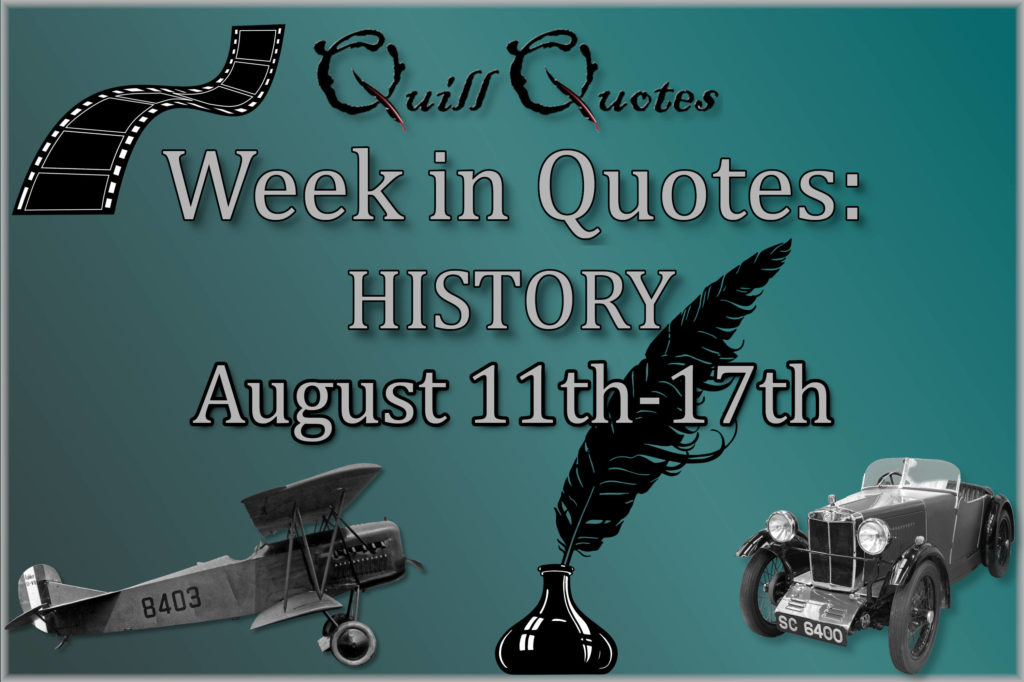
August 11, 1934
“You get to Alcatraz by being the worst of the worst. Unless you’re me. I came here because my mother said I had to.”
– Gennifer Choldenko
Alcatraz Federal Penitentiary, often referred to as “The Rock,” received its first federal prisoners on August 11, 1934. The maximum-security prison on Alcatraz Island, off the coast of San Francisco, California, had previously been a U.S. Army military prison. Due to the cold waters and strong currents of San Francisco Bay, Alcatraz was believed to be escape-proof. This led many of America’s most notorious criminals, like Al Capone and George “Machine Gun” Kelly, to be held there. Despite 14 escape attempts, the penitentiary maintains that no prisoner ever successfully escaped. However, with 5 prisoners listed as “missing and presumed drowned,” this is often a topic of debate. The prison closed on March 21, 1963, and now operates as a museum, receiving 1.5 million visitors annually.
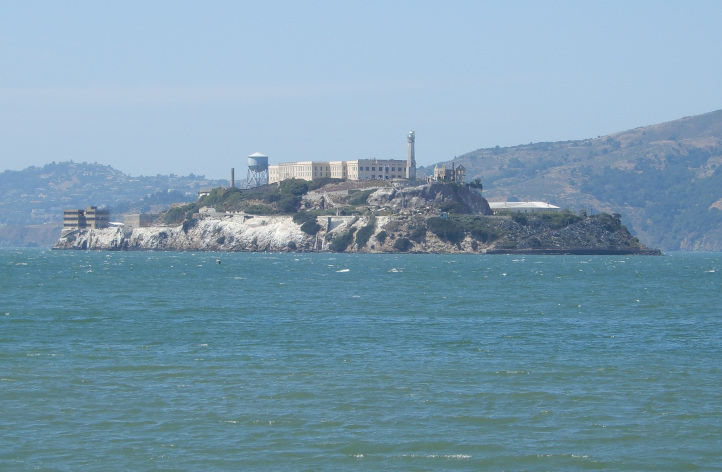
August 12, 1918
“We stand at the turning point of the war: what I expected first for the autumn, the necessity to go over to the defensive, is already on us, and in addition all the gains which we made in the spring—such as they were—have been lost again.”
– Rupprecht, Crown Prince of Bavaria
The Battle of Amiens ended in a decisive Allied victory on August 12, 1918, during World War I. This battle marked the start of what is now known as the Hundred Days Offensive, that brought WWI to an end! Amiens was also one of the first major battles to use armored or tank warfare. The German Army had been on the offensive since March, when the Treaty of Brest-Litovsk was signed, ending the Eastern Front against Russia. However, by July, the German advantage and morale began to wane on the Western Front. Sensing this, the Allies launched their counter-offensive at Amiens. Gaining over 7 miles (11 km) on the first day, August 8th, this was one of the greatest advances of the war.
August 13, 1521
“You have defended your capital like a brave warrior. A Spaniard knows how to respect valor, even in an enemy.”
– Hernán Cortés
On August 13, 1521, Aztec Emperor Cuauhtémoc was captured by Hernán Cortés and the Spanish on Lake Texcoco. After defending the Aztec capital, Tenochtitlan, for 80 days, few of the surrounding tribes remained loyal and reinforcements were hard to come by. Forced to flee, Cuauhtémoc was captured heading for refuge in Tlatelolco. Although the Spanish allowed Cuauhtémoc to maintain his title of tlatoani, or ruler, until his execution in 1525, he was no longer the sovereign ruler. Thus, his capture and the subsequent fall of Tenochtitlan are considered the end of the Aztec Empire, or the Triple Alliance as it’s more correctly named.
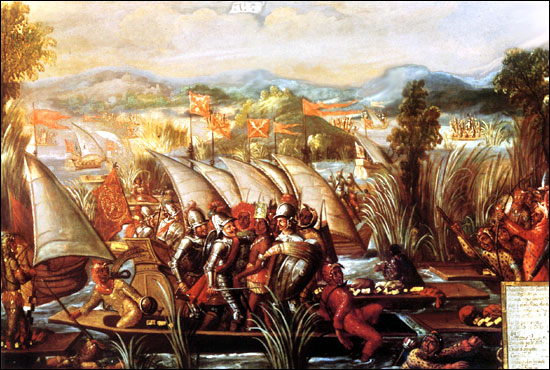
August 14, 1945
“The enemy has begun to employ a new and most cruel bomb, the power of which to do damage is, indeed, incalculable, taking the toll of many innocent lives. Should we continue to fight, it would not only result in an ultimate collapse and obliteration of the Japanese nation but also it would lead to the total extinction of human civilization. Such being the case, how are we to save the millions of our subjects, nor to atone ourselves before the hallowed spirits of our imperial ancestors? This is the reason why we have ordered the acceptance of the provisions of the joint declaration of the powers.”
– Emperor Hirohito
Japan’s surrender in World War II was announced on August 14, 1945, in the United States. Due to time zone differences, the announcement was made in Japan and much of the rest of the world on the 15th. However, the official end of WWII wasn’t until September 2, 1945, when the surrender document was signed. Each of these three days has been celebrated as Victory over Japan Day, or V-J Day, throughout the world. Following the announcement, Life magazine reported America began celebrating “as if joy had been rationed and saved up for the three years, eight months and seven days since [Pearl Harbor] Sunday, Dec. 7, 1941.”
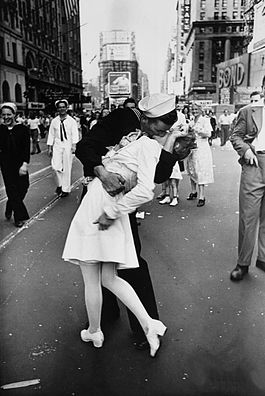
August 15, 1914
“Panama is a country that’s been dealing with issues of identity since its very birth. It was born on Wall Street. It was born out of engineering construction. It was the canal. Because of the canal, the country was born, so the country has been divided into pro-canal and against-canal people for so long.”
– Edgar Ramirez
On August 15, 1914, the first ship passed through the Panama Canal. The 51-mile (82 km) canal is one of the largest and most challenging engineering projects ever completed. Begun in 1881 by France, the project was almost abandoned due to engineering difficulties and frequent worker deaths. However, the United States took over the project in 1904 and finally completed the canal 10 years later. The canal greatly reduced the time required to sail between the Atlantic and Pacific oceans, removing the need to make the perilous journey around Cape Horn, the southernmost tip of South America. Increased shipping traffic and larger ships led to an expansion project that added a third, wider lane of locks which opened in 2016. From around 1,000 ships in 1914, annual traffic has since risen to nearly 15,000!
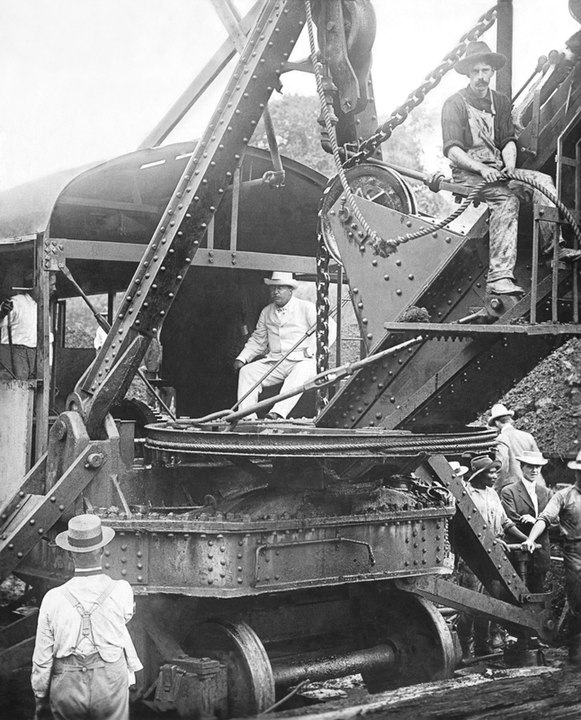
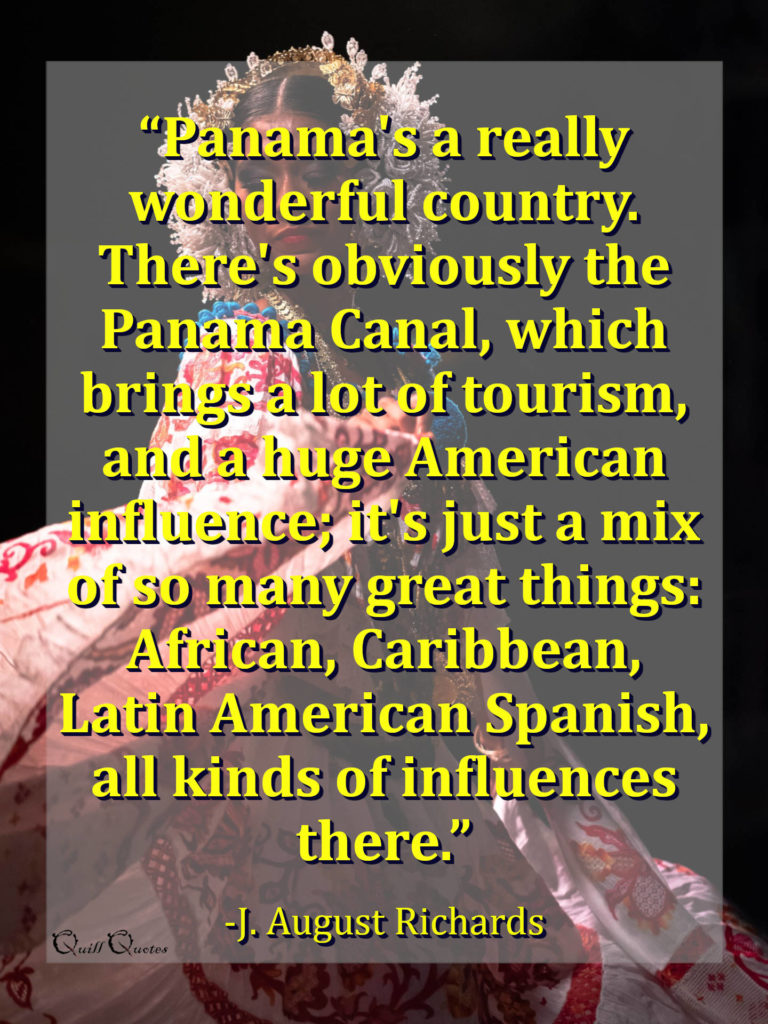
Someday, I hope to take a cruise through the Panama Canal. I think it’ll be super cool to see the process and experience the marvel of hard work and engineering firsthand! Have you visited the Panama Canal? If so, what did you think? Let me know in the comments!
August 16, 1972
“Stop firing! The tyrant is dead!”
– Hassan II of Morocco
On August 16, 1972, an unsuccessful coup d’état attempt was made in Morocco. Under orders from General Mohamed Oufkir and air force officer Mohamed Amekrane, four Northrop F-5 jets opened fire on the Boeing 727 returning King Hassan II from France. With 8 dead and 40 injured, the firing stopped after the king himself got on the radio and, reportedly said, “Stop firing! The tyrant is dead!” This fooled the rebel pilots into ending their attack and returning to base, allowing the king’s plane to land safely. Both Oufkir and Amekrane were subsequently executed, although Oufkir’s death was officially reported as a suicide. Additionally, Oufkir’s entire family was imprisoned and only released in 1991. If this story intrigued you, as it did me, check out the book by Oufkir’s daughter Malika, Stolen Lives: Twenty Years in a Desert Jail.
August 17, 1998
“I want you to listen to me. I’m going to say this again: I did not have sexual relations with that woman, Miss Lewinsky. I never told anybody to lie, not a single time; never. These allegations are false.”
– Bill Clinton
On August 17, 1998, President Bill Clinton admitted in recorded testimony that he had an “improper physical relationship” with Monica Lewinsky. He had previously denied allegations of an affair with Lewinsky, who had been a White House intern in 1995-96. This story reversal led to Clinton’s impeachment by the U.S. House of Representatives for perjury and obstruction of justice. However, due to technicalities in the definition of “sexual relations” provided to Clinton during questioning, the Senate acquitted him of all charges and he remained in office. While Clinton was able to finish his 2nd term, the scandal arguably had a large effect on the 2000 presidential election between Al Gore and George W. Bush. With Gore avoiding campaigning with Clinton, Bush ultimately won one of the closest elections in U.S. history.
In case you missed last week’s quotes, see History August 4th – 10th.
To never miss a Quill Quotes post, please subscribe to our free Email Newsletter and follow us on Social Media.
Leave a Reply